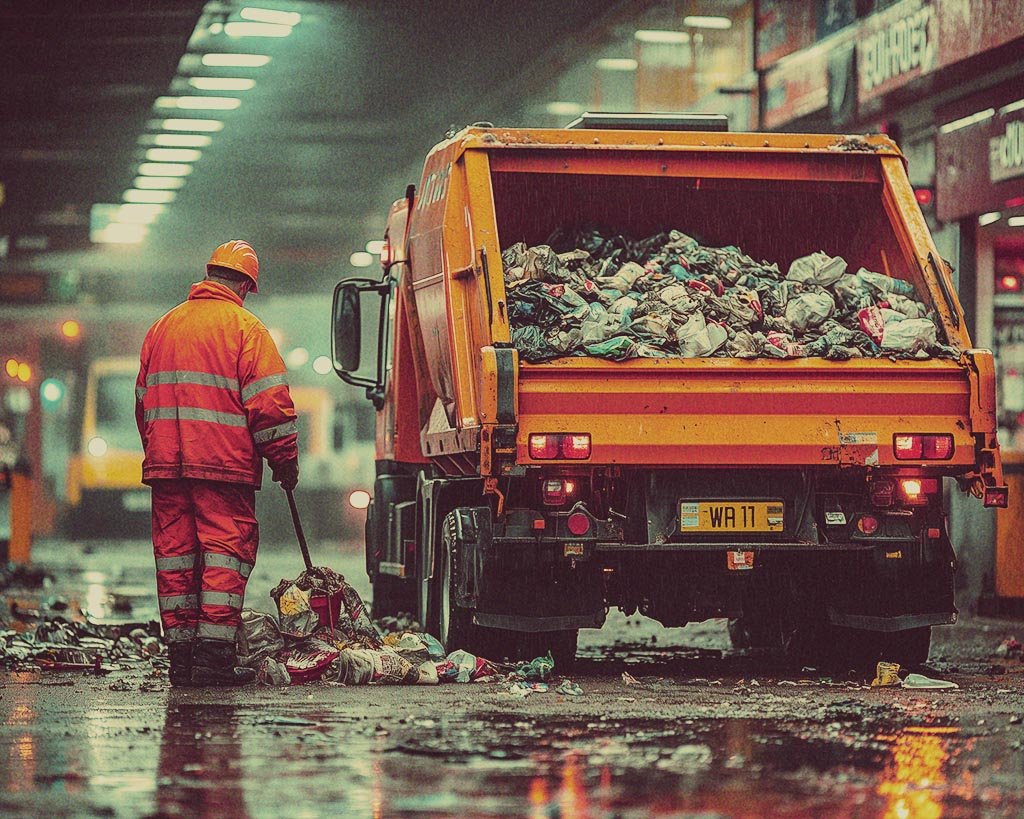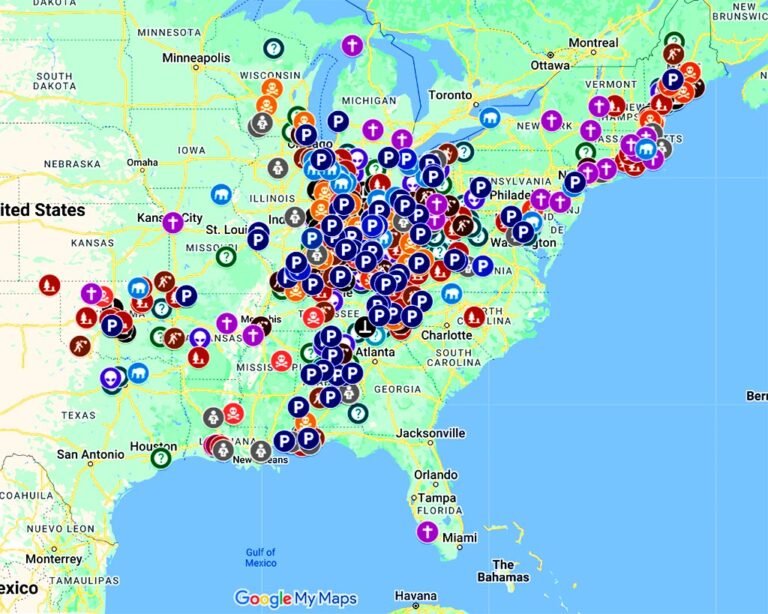Have You Been Thinking About a Career Change?
Ever considered a career that’s both down-to-earth and essential? In 2025, sanitation work might just be the unexpected career path you’ve been searching for. Did you know that sanitation workers are the unsung heroes of our cities, keeping our streets clean and our communities healthy? This article explores the multifaceted world of sanitation, examining the pros, cons, and social impact of this often-overlooked career choice. From the psychological aspects of public service to the surprising perks and compensation, we’ll dive deep into the bins (not literally!) and uncover the truth about sanitation work in the modern age. Is it just about garbage, or something more? Let’s find out!
The career landscape is constantly evolving, and as we approach 2025, some unconventional paths are gaining traction. Sanitation work, often overlooked, plays a critical role in public health and infrastructure. Think of it as the circulatory system of a city, keeping everything flowing smoothly. This article aims to provide a comprehensive look at sanitation as a career choice, addressing stereotypes, exploring realities, and considering the psychological and social implications of this essential public service. Is it a job, a vocation, or a calling? Let’s get our hands dirty (figuratively, of course!) and explore.
What is a Sanitation Worker?
What exactly is a sanitation worker? It’s more than just garbage collection. These essential workers are responsible for maintaining public hygiene, operating specialized equipment, and ensuring the safe and efficient disposal of waste. Think high-tech trucks, intricate routes, and the satisfaction of a job well done, every single day. From residential neighborhoods to bustling city centers, sanitation workers are the silent guardians of our environment, protecting public health and maintaining the quality of life in our communities. Did you know that many sanitation positions offer competitive salaries, full benefits, and opportunities for career advancement? It’s not just a job; it’s a career with potential.
Challenging Societal Views
Now, let’s address the elephant in the room – stereotypes. Sanitation work often carries outdated stigmas. But the reality is a far cry from these perceptions. Modern sanitation professionals are skilled technicians, operating sophisticated machinery and playing a vital role in environmental sustainability. It’s a career that demands precision, efficiency, and a commitment to public service. Think less Oscar the Grouch and more highly trained environmental steward. This shift in perspective is crucial for attracting a new generation of sanitation workers, ready to tackle the challenges of waste management in the 21st century.
Beyond the practical aspects, the social implications of sanitation work are profound. These essential workers contribute directly to the health and well-being of their communities. It’s a career that fosters a sense of purpose and pride, knowing you’re making a tangible difference in the lives of others. This intrinsic reward, coupled with the tangible benefits and career opportunities, makes sanitation work a compelling option for those seeking a fulfilling and impactful career. It’s not just about collecting trash; it’s about contributing to a cleaner, healthier future.
Psychological Well-being
Let’s not forget the psychological factors. A career in sanitation can offer a sense of stability, routine, and the satisfaction of completing tangible tasks each day. For many, this predictability and sense of accomplishment can contribute to overall job satisfaction. It’s the quiet pride of a job well done, the knowledge that you’re making a difference, one bin at a time. This sense of purpose can be a powerful motivator, contributing to a positive work experience and a strong sense of self-worth.
Key Points
• Essential Service: Sanitation work is vital for public health and environmental sustainability. (Superheroes of the streets!)
• Competitive Compensation and Benefits: Many sanitation positions offer good pay, benefits, and opportunities for advancement. (Who knew garbage could be so glamorous?)
• Social Impact: Contribute directly to the well-being of your community. (Make a difference, one can at a time.)
• Psychological Benefits: Experience the satisfaction of tangible work and a predictable routine. (Clean streets, clear mind.)
What next?
Sanitation work in 2025 and beyond offers a unique blend of practical benefits, social impact, and psychological rewards. It’s a career path that deserves serious consideration, one that goes far beyond the outdated stereotypes. From competitive compensation to the quiet pride of public service, sanitation work might just be the hidden gem of the career world. So, is it the right fit for you? Only you can decide. But one thing is clear: sanitation is more than just garbage. It’s a career with purpose, potential, and a whole lot of unsung glory. Think about it – the future is clean!





















+ There are no comments
Add yours